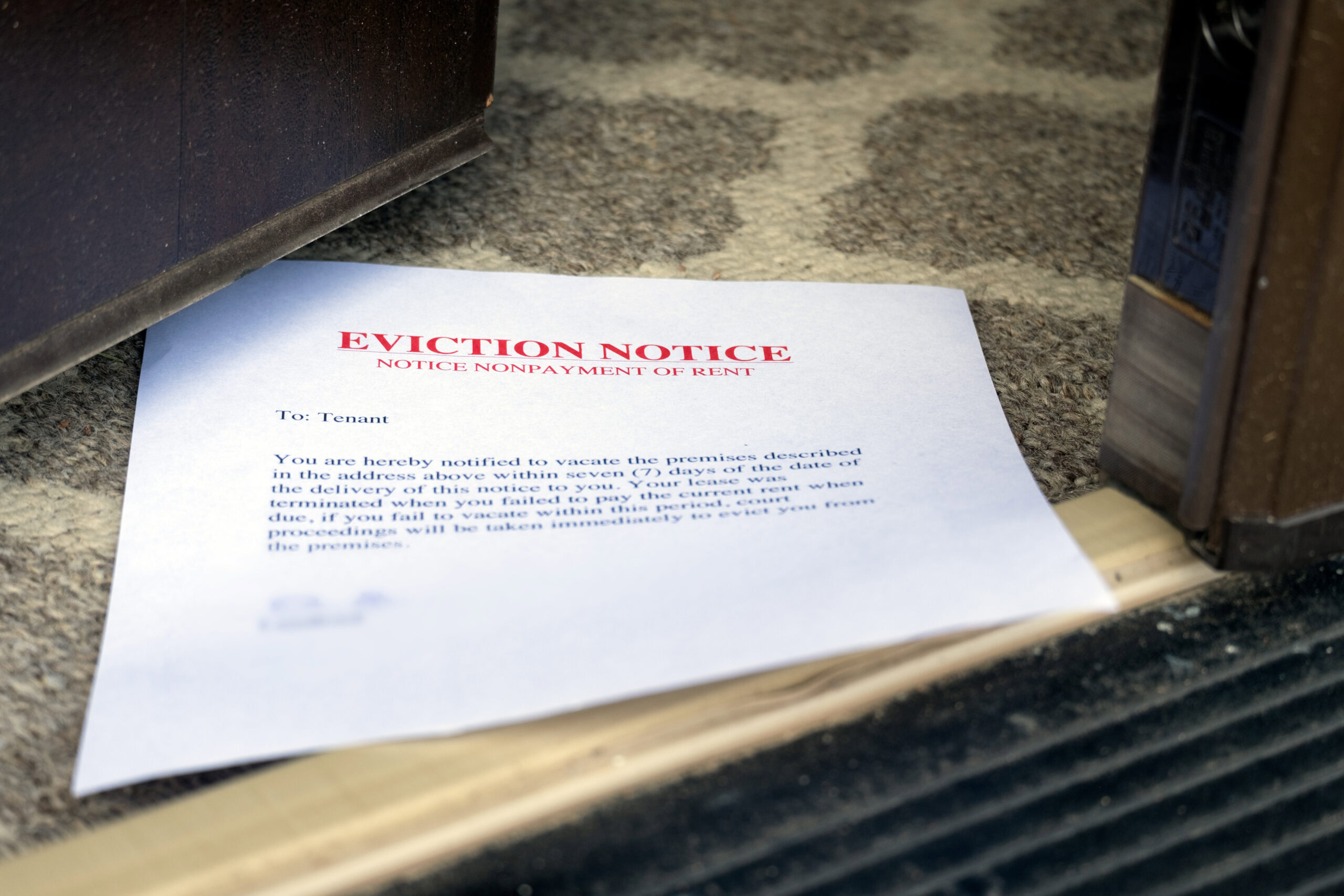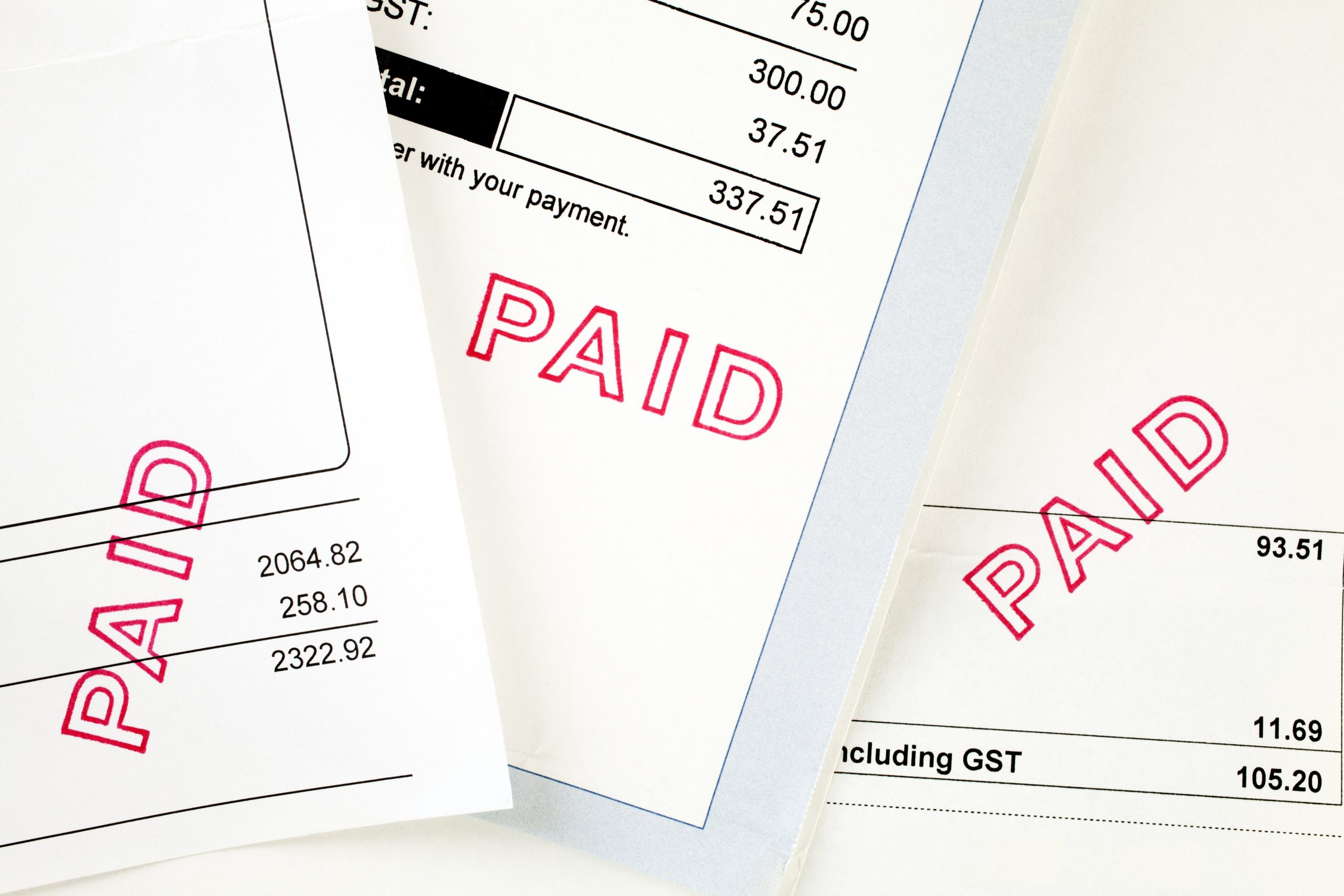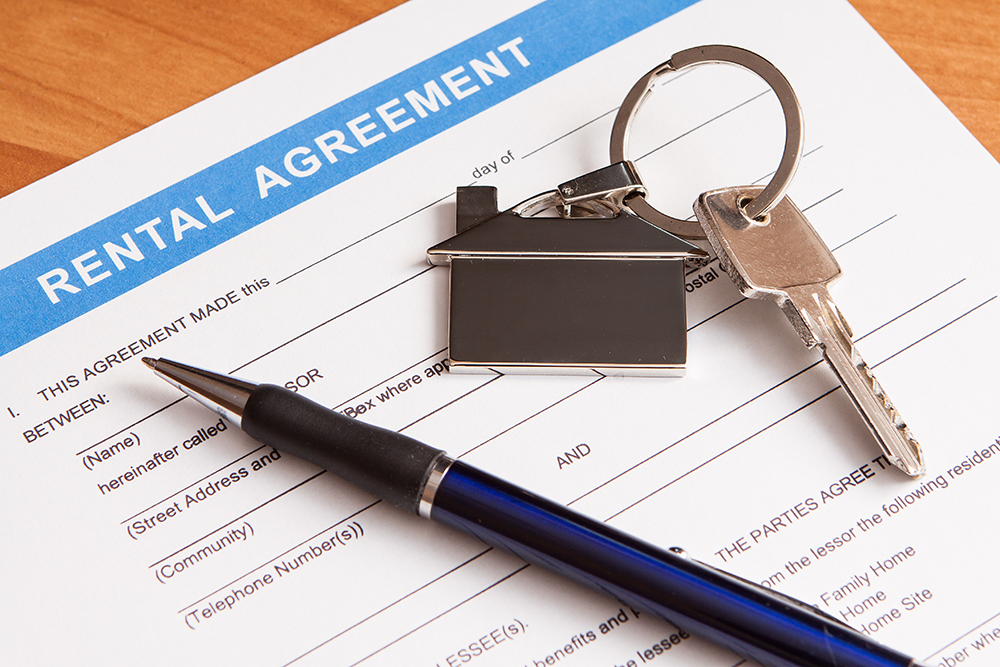If you manage landlord portfolios with long-term lets, you’ll undoubtedly need to address rent increases at some point, but it can be a sensitive matter for everyone involved.
Here, we look at the facts and what you can and can’t do when it comes to discussing rent increases with tenants, so that you can determine the best approach.
When can rent be increased?
Rules about when rent can be increased vary depending on your location and the type of tenancy agreement that’s in place.
For tenancies in England
If a fixed-term tenancy is in place, rent can only be increased at the end of the term unless there’s a rent review clause within the contract.
For periodic tenancies (those that work on a rolling weekly or monthly basis), rent can only be increased once a year. You’ll also need to give as much notice as possible. Landlords will need to issue the notice using tenancy form 4 (landlords’ notice proposing a new rent).
For tenancies in Wales
Similar to England, where there’s a fixed term contract in place, rent cannot be increased until the term has ended, although if a tenant agrees, then rent can be increased during this time.
When the tenancy becomes periodic, landlords must give at least two months’ notice before a rent increase. Increases can only take place 12 months after the last rent rise.
To issue the rent rise, landlords (or your agency on their behalf) must use an RHW12 form (notice of variation of rent).
For tenancies in Scotland
Rents can be increased at any time during the first year of a tenancy. After that, it can only be increased every 12 months, and you must give tenants at least three months’ notice.
Tenants will need to be notified using a rent increase notice.
For tenancies in Northern Ireland
For fixed-term tenancies, rent can only be increased if there’s a rent review clause or the tenant agrees to a rise.
Rent can be increased at the end of the fixed term, but you’ll need to give the tenant at least one month’s notice using a notice of variation form.
Check rent increase notices are properly issued
Depending on where properties are located, you’ll need to check that any requests for rent increases are filed using the correct forms (if applicable).
If the tenancy agreement has a rent review clause and sets out the process for issuing the rise, then you must follow the steps outlined in the contract.
Can you increase rent by mutual agreement?
The short answer is yes. Landlords and tenants can agree to rent increases, but it’s good practice to ensure that this is also set out in writing. Revised contracts should also specify the date any increase was agreed to, along with the new amount.
Also, be mindful of what’s already been contractually agreed upon in the tenancy agreement if landlords have approached you to discuss rent increases.
What is a Section 13 notice?
Section 13 refers to a passage in the Housing Act 1988 and describes the formal process of notifying tenants about a rent increase. It’s covered by Form 4, which landlords in England must complete to give notice about a rent increase, so the same rules apply.
Can rent be increased if tenants receive Universal Credit?
Yes. Rent can be increased for tenants receiving Universal Credit or Housing Benefit, and notices about increases should be issued in the same way.
Tenants would need to report the rent rise (for example, through their Universal Credit account), although there’s no guarantee that their benefit will increase. If their Universal Credit payments aren’t enough to cover the increase, they may be able to get a discretionary allowance through the local council.
How much can rent be increased by?
There is no set limit for private rent increases (although the Government sets limits for social housing). That said, any rent rise should be reasonable and in line with what’s consistent in your local market.
Rent increases and landlord insurance products
If your clients have rent guarantee insurance, it’s worth drawing their attention to any terms and conditions.
For example, if rent is increased by more than 10%, you may need to complete an additional affordability check, which the tenant will need to pass, for rent guarantee insurance to stay valid. If not, then it could lead to the policy being voided and the insurer can decline a claim.
Rent increases of less than 10% don’t usually trigger affordability checks (but always check the policy conditions to be sure).
When is the best time to increase rent?
From a tenant’s perspective, there’s never really a good time for a rent increase, but it doesn’t hurt to be sensitive about circumstances (for instance, increases around Christmas could be viewed as insensitive).
Otherwise, it will largely depend on the type of tenancy in place and, if it’s a fixed-term contract, if there’s a rent review clause within it.
Do I need a new tenancy agreement to increase rent?
If tenancy agreements already set out a process for rent increases, follow this.
If the rent increase takes place during a periodic tenancy, you can issue a new contract highlighting the rise and the new amount.
Alternatively, if there’s a rent review clause and rent is increased part-way through a fixed term, you can add an addendum signed by both landlords and tenants. In England, you can also record this rise using form 4.
Supporting landlords for peace of mind
Remember that rent increases may trigger the need for a new affordability check under the terms of a rent guarantee insurance policy. If that’s the case, it’s essential that these reviews are carried out, or their policy could be invalidated.
Rent increases can be a sensitive subject for landlords and tenants. It is also worth bearing in mind that tenants’ circumstances can change, and while they may have been able to afford a rent increase when agreed upon, they may end up in the unfortunate position of defaulting on their rent in the future. Rent guarantee insurance can provide landlords and agencies with extra peace of mind, covering the landlord’s rental income and your management fee.
For more info about how we can help you add value to your landlord services, call an expert team member on 01603 649727.
FAQs
Is it worth including a rent review clause in tenancy agreements?
Having the option can give landlords more flexibility, but this is something to discuss with landlords.
Should rent increase every year?
Landlords need to carefully consider the reasons behind a rent increase and what the effects might be if they choose to raise it each year (especially for long-term tenants).
Technically, there is little to stop landlords from doing this, but it’s worth discussing the consequences if there are significant rises every year, especially if the rent exceeds the average for a similar property in the area. It may be worth compromising with your tenant if they are reliable and you’re keen to keep them in the property.
What’s the average rent increase?
Rent rises fluctuate, but the latest figures from the Office of National Statistics (ONS) show that the average rent increase in the private rented sector was 6.2% in the year to January 2024.
Can tenants refuse rent increases?
Yes, tenants can refuse a rent increase. Any rent increase should be carefully considered, and the reasons should be discussed with the tenant (for example, if mortgage repayments have increased).
If landlords and tenants cannot reach an agreement (such as splitting the difference between them), the only option may be to issue a Section 21 notice, which tells the tenant the landlord wants to regain possession of the property (also known as a no-fault eviction notice).
Information provided in this article was correct at the time of publication. This article is intended as a guide only. Please note that legislation does change, it is always best to check the most up to date guidance on gov.uk.






























































